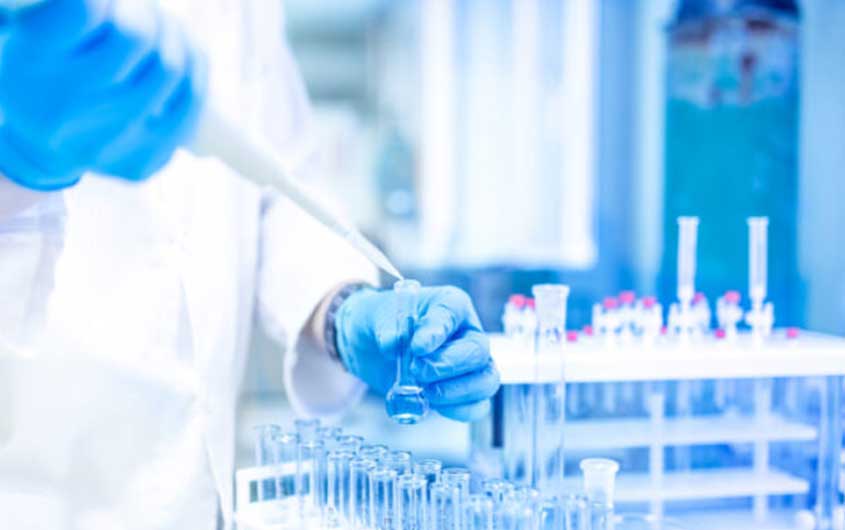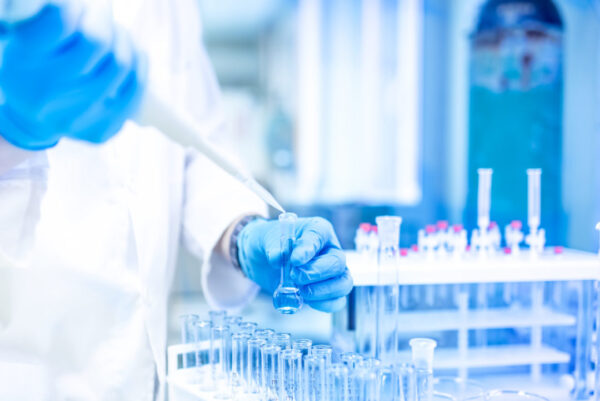Why This Course
- High demand for trained MLT professionals in hospitals, diagnostic labs, and research facilities.
- Opportunity to work in both government and private healthcare sectors.
- Direct contribution to accurate diagnosis and treatment outcomes.
- Pathway for higher studies such as M.Sc. MLT, Molecular Biology, or Clinical Research.
- Job opportunities not only in India but also in global healthcare systems.
Skills You Develop
- Precision in analyzing blood, urine, and tissue samples.
- Ability to prepare and generate accurate medical reports.
- Operation and maintenance of advanced diagnostic equipment.
- Knowledge of laboratory safety and quality assurance protocols.
- Strong observational and analytical skills.
- Teamwork and collaboration with doctors, nurses, and healthcare staff.
Core Subjects Covered
- Clinical Biochemistry
- Clinical Pathology
- Microbiology
- Hematology
- Immunology & Serology
- Histopathology
- Blood Banking & Transfusion Techniques
- Laboratory Management & Safety Protocols
Certification & Licensing
Upon successful completion of the course, students are eligible for:
- Employment in diagnostic laboratories, hospitals, and healthcare institutions.
- Registration with state or national paramedical councils (where applicable).
- Eligibility to apply for specialized certification courses in diagnostic techniques.
- Opportunities for global certification, enabling careers abroad.
Career Options
Graduates of B.Sc. MLT have diverse career opportunities, including:
- Medical Laboratory Technologist in hospitals and diagnostic centers
- Research Associate in medical and pharmaceutical labs
- Clinical Biochemist or Microbiologist (with specialization)
- Blood Bank Technologist
- Quality Control Analyst in biotech or pharma companies
- Teaching faculty in allied health science institutions
- Higher studies leading to roles in molecular diagnostics and clinical research
Course Highlights
- Blend of classroom learning, laboratory practice, and internship experience
- Exposure to real-world diagnostic techniques and equipment
- Internship in reputed hospitals, diagnostic labs, and research facilities
- Focus on patient safety and accuracy in testing
- Pathways to national and international career opportunities
- Builds technical, analytical, and communication skills
Course Objectives
- To train students to perform and interpret laboratory investigations with precision.
- To develop expertise in core areas such as pathology, microbiology, and biochemistry.
- To prepare graduates for diagnostic, clinical, and research-based roles in healthcare.
- To instill professionalism, ethics, and quality assurance practices in laboratory work.
- To build confidence for both independent practice and team-based healthcare environments.
Course Duration
-
Total Duration: 4 years
- 3 years of academic study
- 1 year compulsory clinical internship in diagnostic laboratories and hospitals



